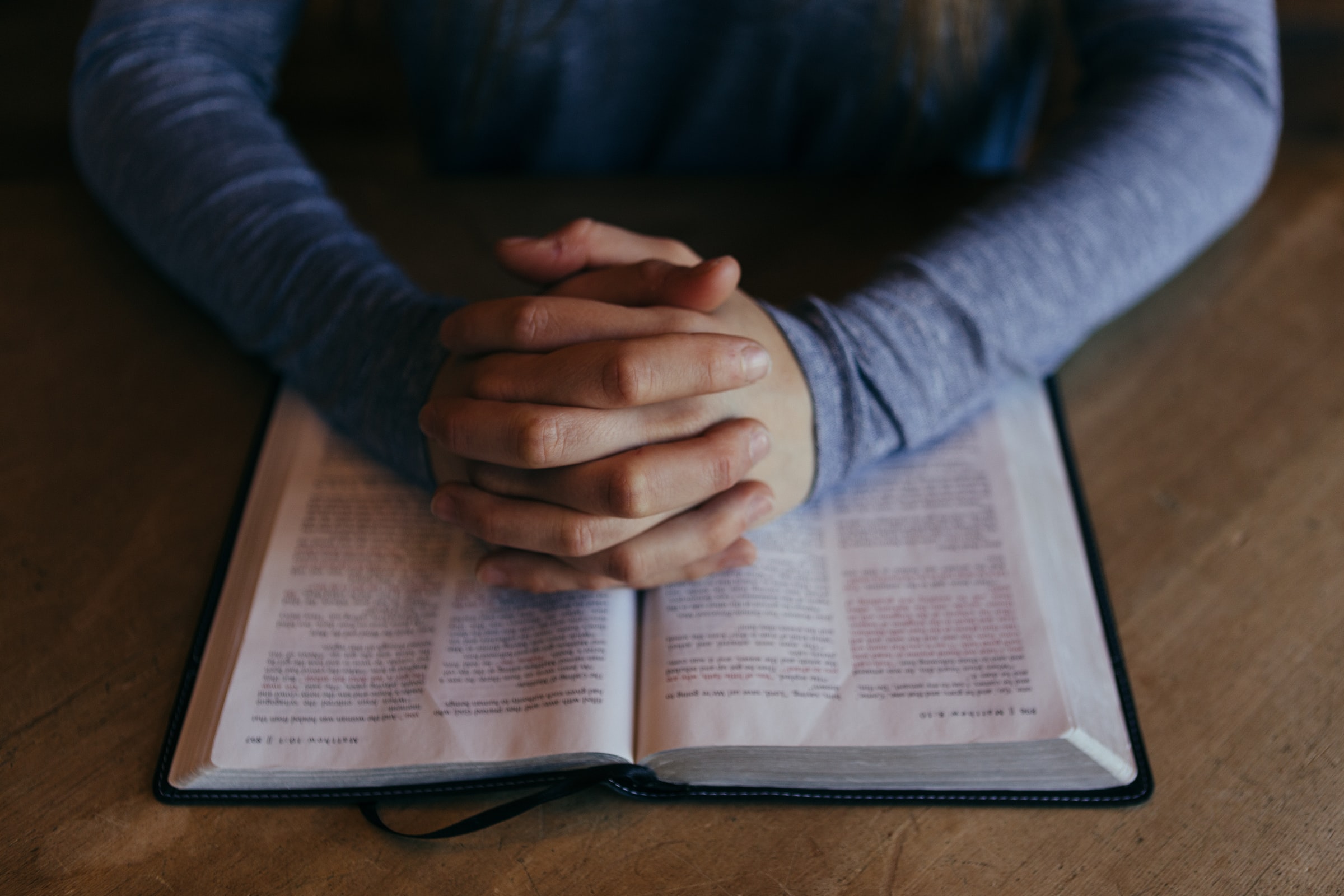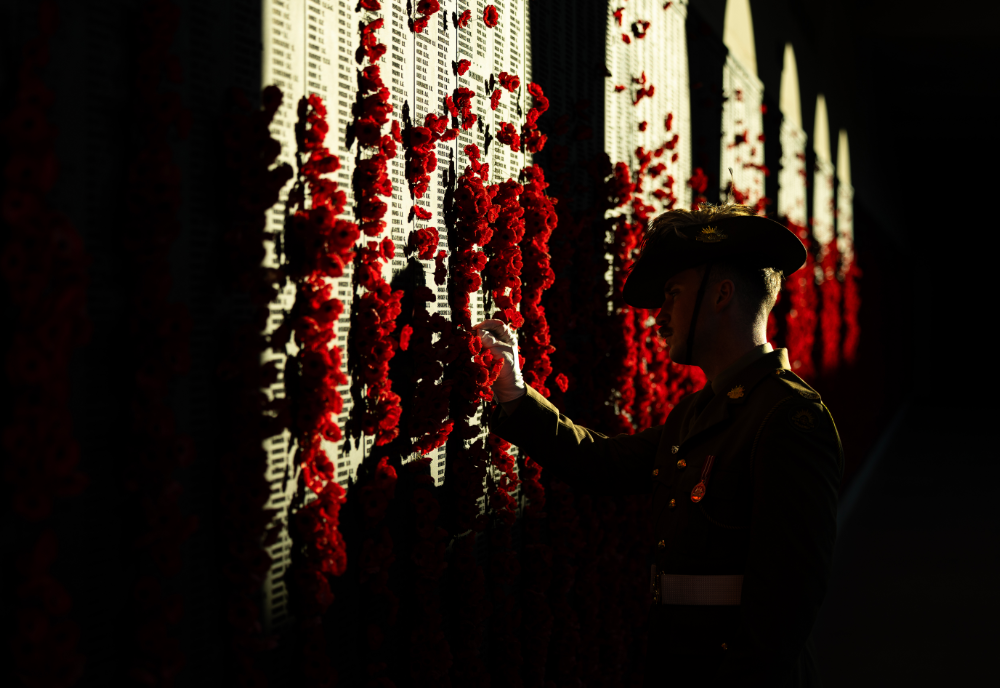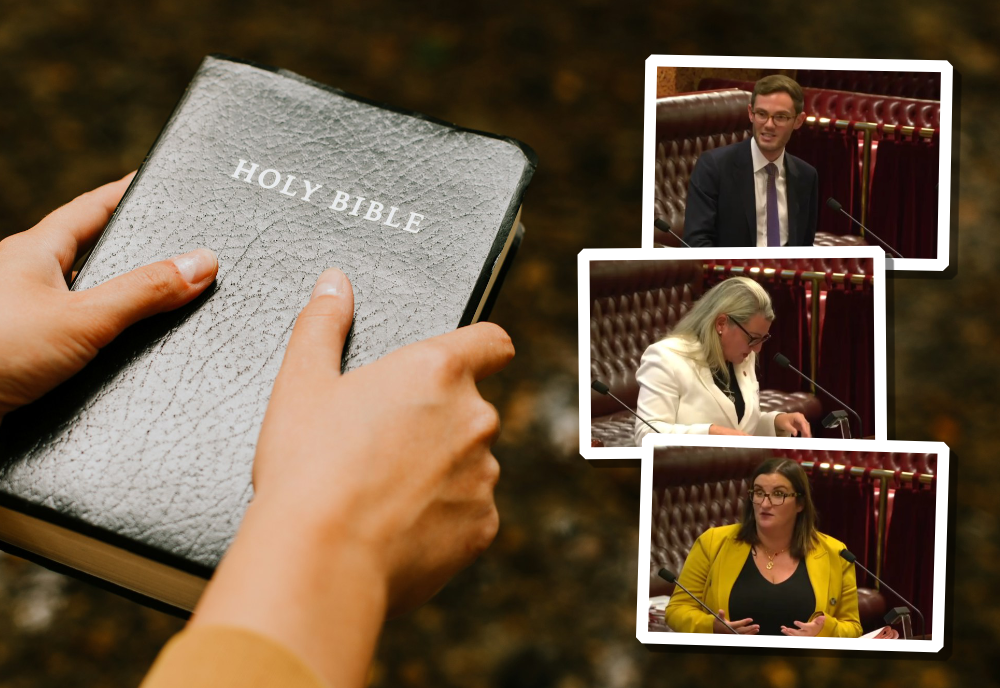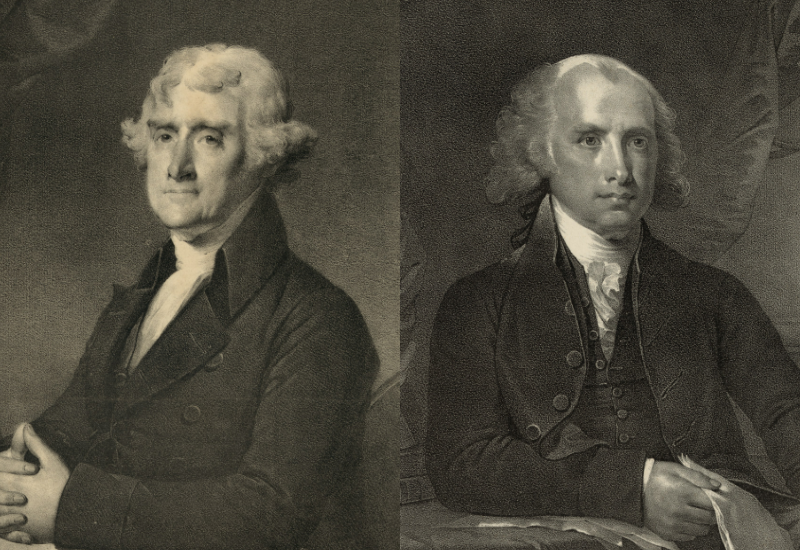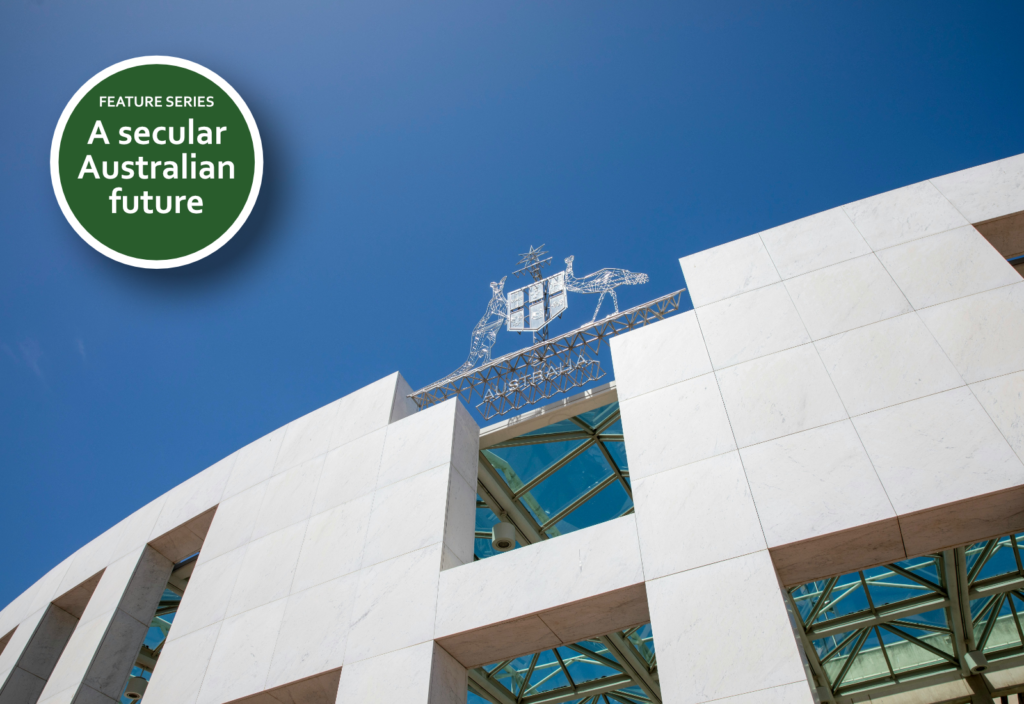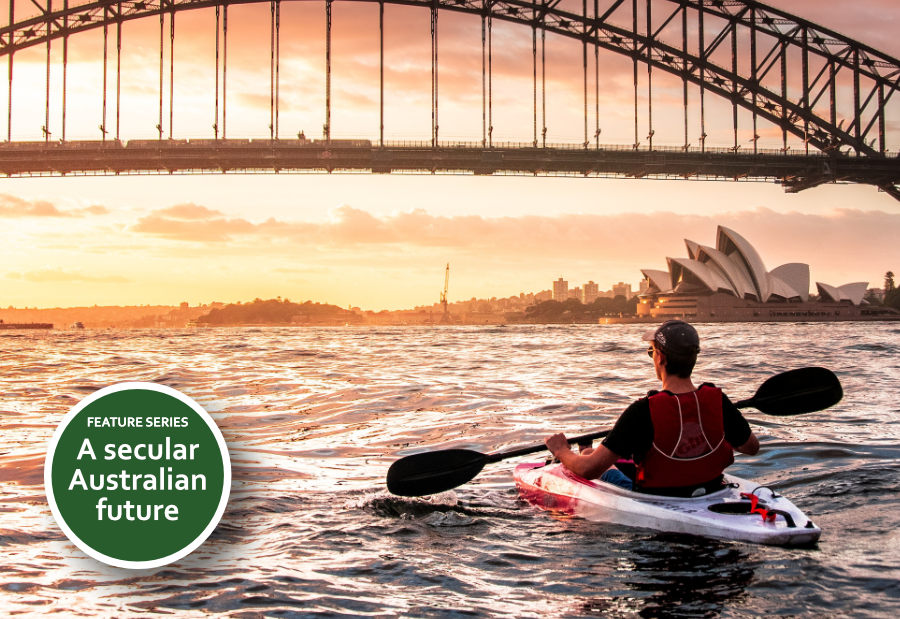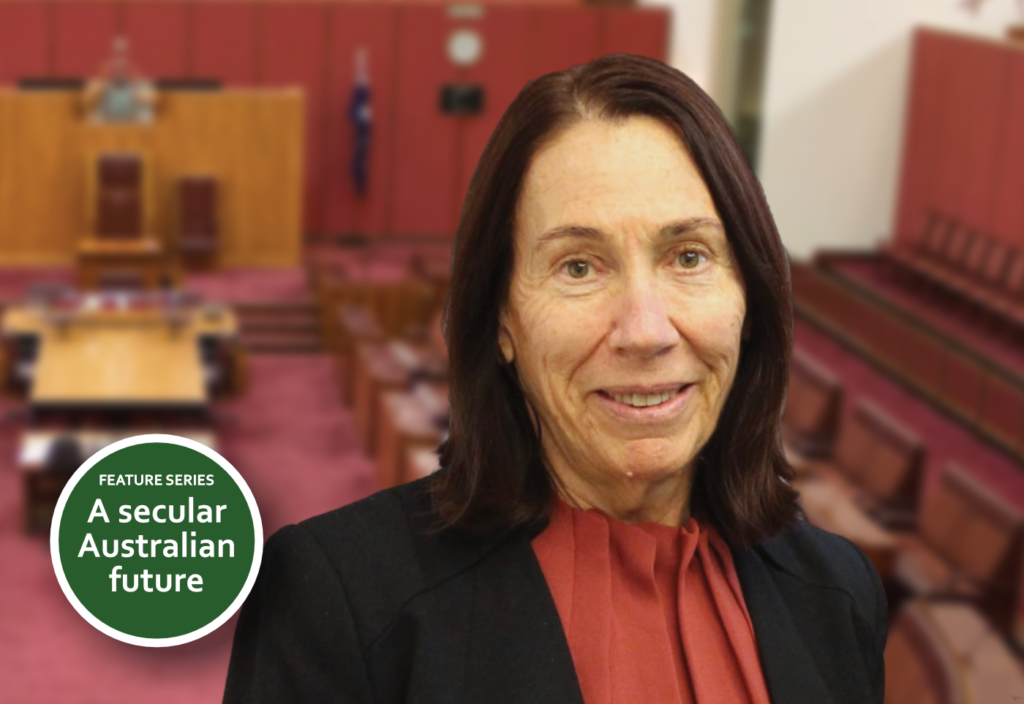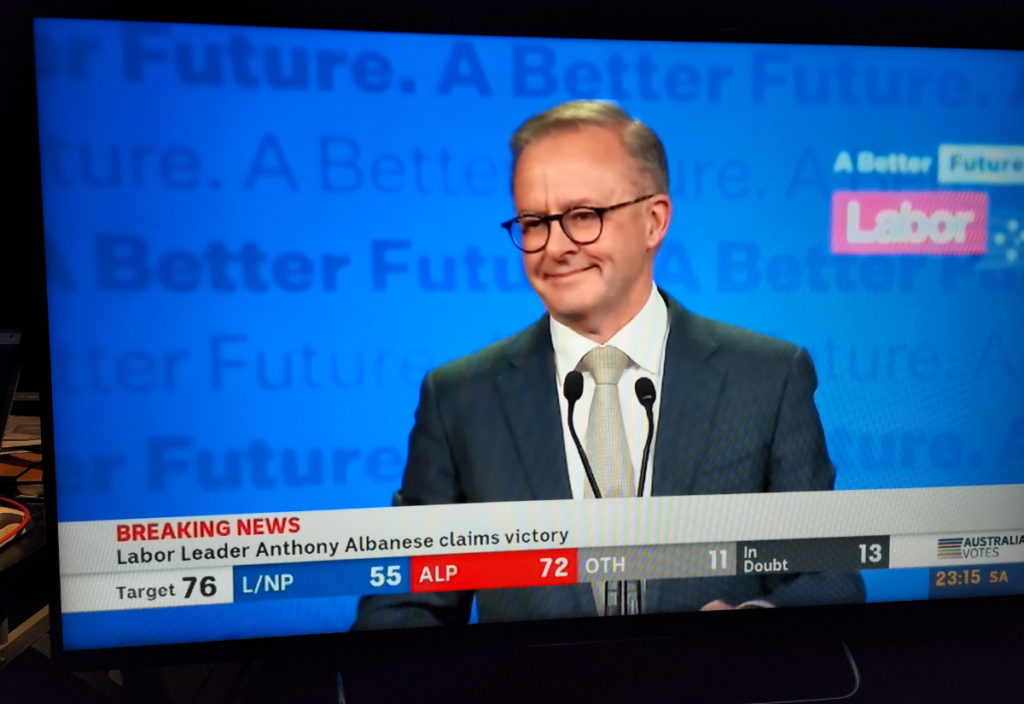The genesis – pun intended – of Religious Instruction (RI) in Queensland state schools has its roots in a 1910 referendum.
When Queensland state schools were established by the State Education Act in 1875, they were required to be secular, which meant that the state was to have no involvement in religion. This was at the request of the Christian churches, which wanted children to be free of any religion within the state school system so that parents could attend to faith instruction.
Queensland’s truly secular system of education was recognised internationally and it worked extremely well for 35 years.
An Irish Anglican, David Garland, changed all that. Garland was a deacon, priest and the architect of ANZAC Day ceremonies. He was described as “overpoweringly energetic with a distinctive flair, if not genius, for organisation”.
He arrived in Queensland with a mission to get the Bible into state schools and he established the Bible in State Schools League.
Even with a population that was largely Christian, the push for Bible readings by teachers and for RI in state schools was very controversial at the time as Queenslanders highly valued their secular state schools.
The motivation for RI overlaps with the assertions of providers and advocates today. This was from a flyer by the Bible in State Schools League: “No other teaching than the Bible can make our children grow up pure, loving, truthful and honest”.
The Bible in State Schools League did not play fair. They made threats against politicians to campaign against them in their electorates if they didn’t support the League. They used the refrain of: “If you didn’t support the Bible in schools, you were against God.” This was patently nonsense. Politicians of the day were mostly, if not all, Christians.
The League was determined to get the Bible in schools and campaigned for nearly 20 years.
Yet the issue that was of greatest concern to the Bible in State Schools League was not outright opposition to their goals but apathy among the general public.
Garland’s Church of England Brisbane diocese conducted an inquiry into the state of religious knowledge and habits of its members. It found that the biggest threat to Christianity was not atheism or agnosticism but “indifference, ignorance and immorality”. It believed that these issues would be a disaster to the Church and the state.
Eventually, the League pressured the state government into holding a referendum. Voting was not compulsory. Nor was the result binding on the Queensland parliament. It was more like what we today know as a non-binding plebiscite.
It was held on the same day as state and federal elections, and two federal referendums, contributing to confusion among voters.
The Labour Party – as it was spelt then – had shown its opposition to RI and Bible reading in state schools through a resolution at its state conference in 1907. Sadly, it did not organise any particular opposition. The party believed the referendum would not pass, certain that Queenslanders would not vote against their wonderful secular school system. It advised its supporters to not even bother voting on the RI referendum – a move it must have regretted!
Of the 260,000 enrolled voters, 138,560 recorded a vote: 74,228 said ‘yes’ and 56,681 said ‘no’, while 7,651 recorded an informal vote. So just 28.5% of registered voters were in favour of it.
Apathy was the standout feature. Garland held public meetings and had poor attendance. Most people took no interest in the issue at all. There was significant opposition from churches, including members of his own church.
Despite the low votes in favour of it, parliament, with much reluctance, passed legislation to introduce RI by religious clergy and Bible readings by teachers. These amendments necessitated that the word ‘secular’ be removed from the State Education Act.
There was much resistance among politicians. Mr Charles Collins, the member for Burke, told the parliament: “I do not think that it is in the interests of the rising generation to have religious instruction in the State schools. I think the present system has been a huge success; in fact, other countries of the world have been pointing to Queensland as leading the way so far as education is concerned. They have been copying our Queensland system, and most of the advanced thinkers of the world today recognise that the Queensland system is as good a system as exists in any part of the civilised world today, and no vote of mine will be given to change the system.”
Failed attempts
It is a sad state of affairs that for the last 112 years the state’s school system has not been legally required to be secular.
Bible readings by teachers was never compulsory. Whilst it remains in the Education Act, it no longer happens. RI has always provided right of entry to religious organisations with no discretion for principals. The situation is the same in some other states, including New South Wales. It is not surprising to note that there is limited RI when principals have the power to say ‘yes’ or ‘no’ to religious organisations wanting access to state school kids.
There have been many governments of various flavours since RI first entered the classrooms of our schools. But none have sought to reverse the 1910 amendments to the Education Act. However, some significant events have happened.
In 1972, a government committee appointed by the education minister in the Bjelke-Petersen government reported on its review of the legislation and system of RI. The findings were scathing and it was recommended RI be scrapped. The reasons given for this conclusion apply equally today, if not more so, given our society is even more diverse and pressure on curriculum time is greater.
Extracts from that report include the following:
“The present form of religious instruction, where the subject undergoes artificial separation from the rest of the curriculum, because it is taught in temporary groupings of pupils set up on the single criterion of religious denomination, is educationally unsound.”
“…it is not the role of the Queensland state school to initiate the child into any particular faith. Education rather than evangelism should be the aim. This does not imply that the state school should ignore religion, but rather that the school as an educational institution should focus on the religious dimension from an educational point of view. Accordingly, the approach to religious education should be upon the same basis as that of any other subject – objective, impartial and open-ended.”
“The Queensland Teachers Union and the Queensland Council of State School Organizations were fully consulted. Both bodies recommended the discontinuance of the present system of religious instruction and favoured the introduction of a general religious education course.”
Sadly, but not unexpectedly, the report was ignored and officially buried for 30 years by the Bjelke-Petersen government. A fundamentalist Christian, Premier Joh must have got rather a shock at the findings of the report. No doubt he wished it had never been done.
My organisation, Queensland Parents for Secular State Schools, found the report in the State Library Archives, where it was sent at the expiration of those 30 long years. Current members of the Queensland government did not even know it existed until we showed it to them.
In 2006, the Beattie Labor government tried to address concerns that RI laws did not comply with the 2003 amendments to the Anti-Discrimination Act relating to ‘religious belief’ and ‘religious activity’. As part of a review of the whole Education Act, the 2006 Bill included changes to RI to expand the right of entry from just religious organisations to include non-religious beliefs – but not political beliefs – with humanism being given as an example.
The Australian Christian Lobby and Christian RI providers manufactured a storm, claiming these changes would allow witchcraft, paganism and Scientology into the classroom. They frightened Christians into bombarding their state members of parliament with objections to the changes. The most gobsmacking development, however, occurred when the then federal education minister, Julie Bishop, actually threatened to cut off Queensland state school education funding if the changes were passed.
In shock, the Beattie government withdrew the proposed changes to RI from the Bill so that it could pass. This attack was a massive misdirection of the facts because then, and now, there are no expressed legislative limitations on which religions can provide RI. So their fear-mongering claims were baseless. This is substantiated by the Noosa Temple of Satan’s recent attempt to offer RI.
The Satanic challenge
Right to Information disclosures show the state Department of Education could not, and did not, dispute that Satanism is a religion, as listed in the Australian Census data. However, in early 2021, education minister Grace Grace was reported as saying there has never been Satanism RI and there wouldn’t be on her watch.
The Department of Education looked for the devil in the details of the legislation and refused the Temple’s application on the basis the Temple did not meet the required definition of a ‘religious denomination or society’. The Temple then challenged that decision in the Supreme Court.
It has been almost eight months since the Supreme Court hearing, and no decision has been handed down yet. Whatever the result turns out to be, it’s worth noting that there was some astonishing questioning by the state’s Solicitor General, Sandy Thompson QC, during the hearing last August.
Mr Thompson had clearly been well briefed by the government about how RI affects non-participants and the administration issues it causes. The government usually keeps very quiet about the disruption caused by RI. But all was well and truly revealed in its efforts to prevent Noosa Temple of Satan from providing RI.
In his questioning to Robin Bristow, the leader of the Temple, Mr Thompson described RI as requiring that other school children would have to waste their time doing something else. He also said that it would cause significant inconvenience in the administration of the schools and disruption because other children wouldn’t be attending this religious education and would have to be put out of their classes to do something else.
So, as we wait for the decision, Minister Grace Grace must be wondering how in hell she will deal with the result – whichever way it goes. Right to Information disclosures reveal that the department has received legal advice that one option available to the government is to repeal RI law. It would be the perfect opportunity to do so.
Photo by Patrick Fore on Unsplash

